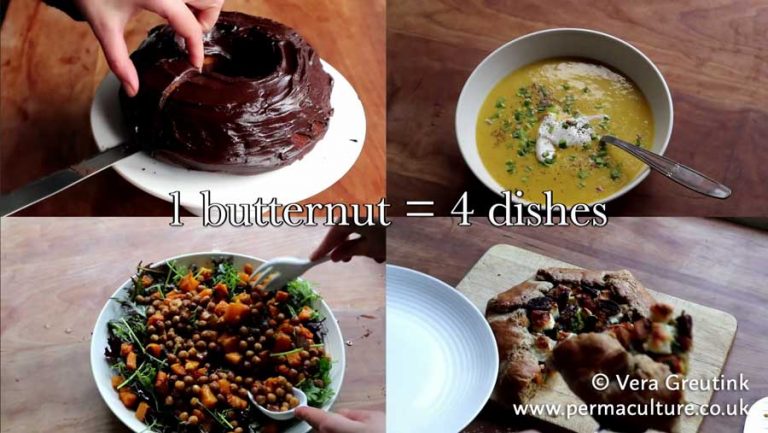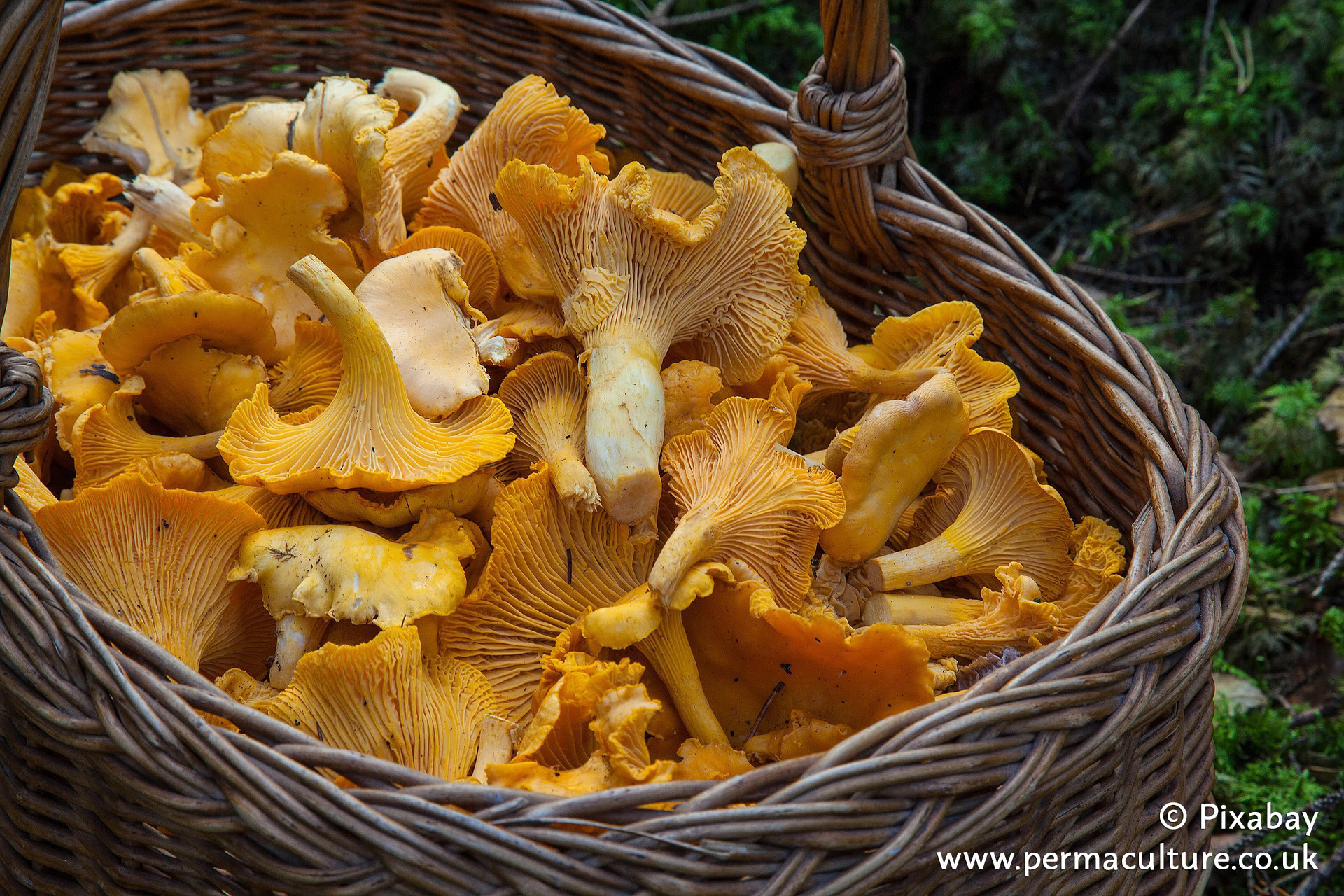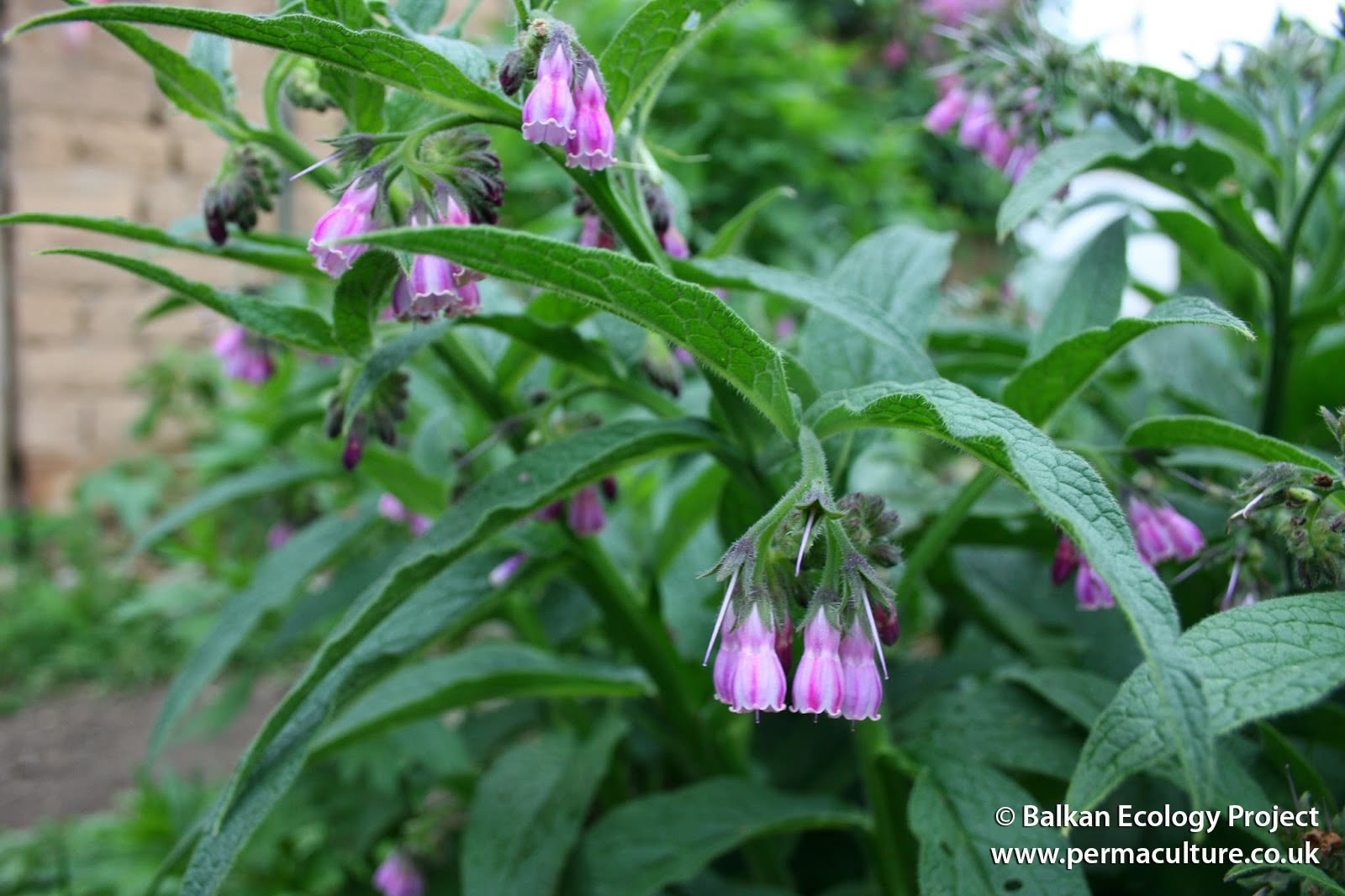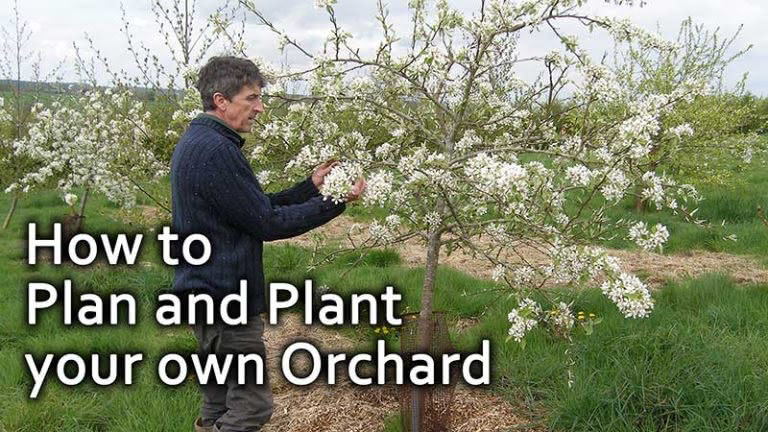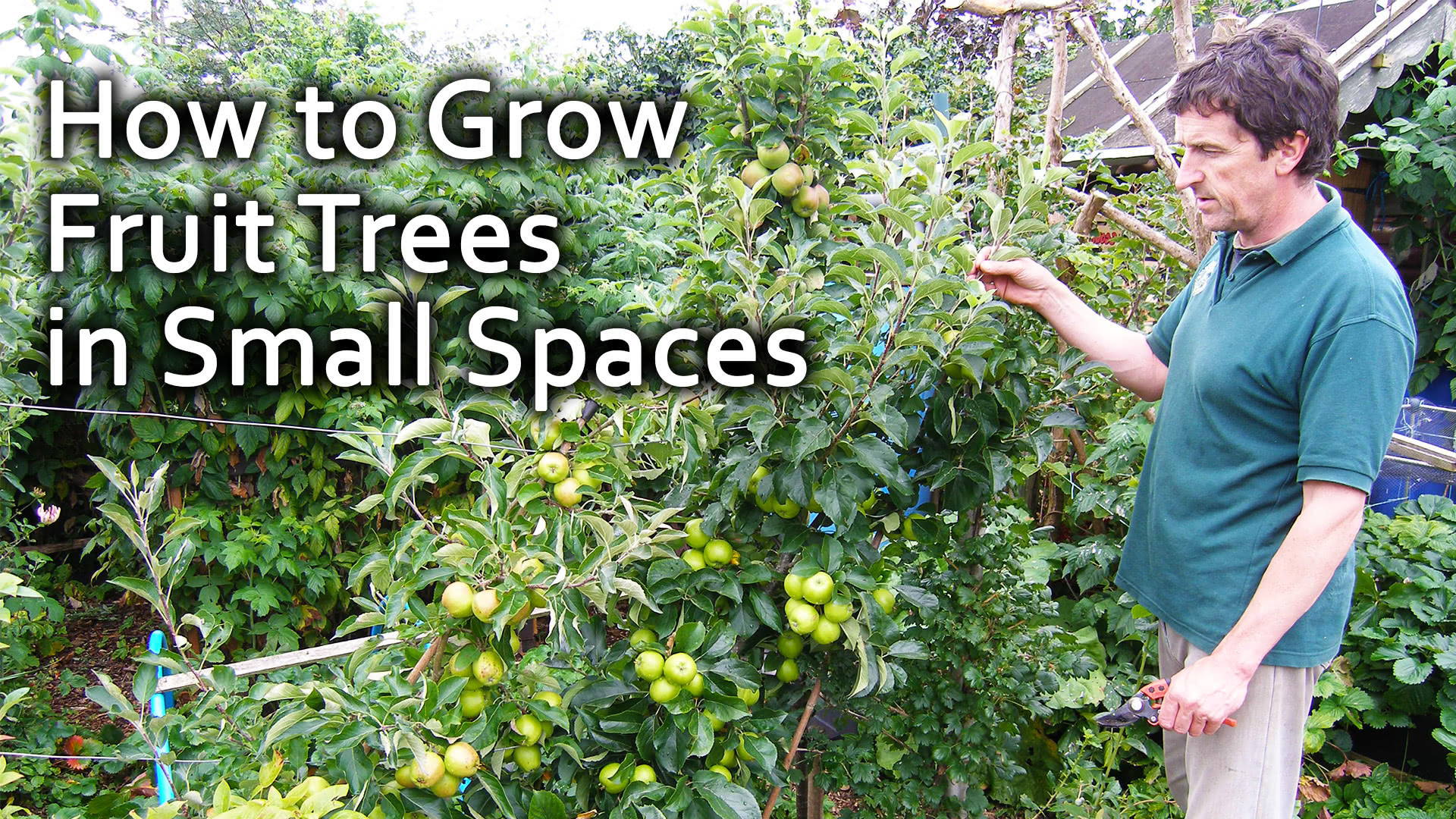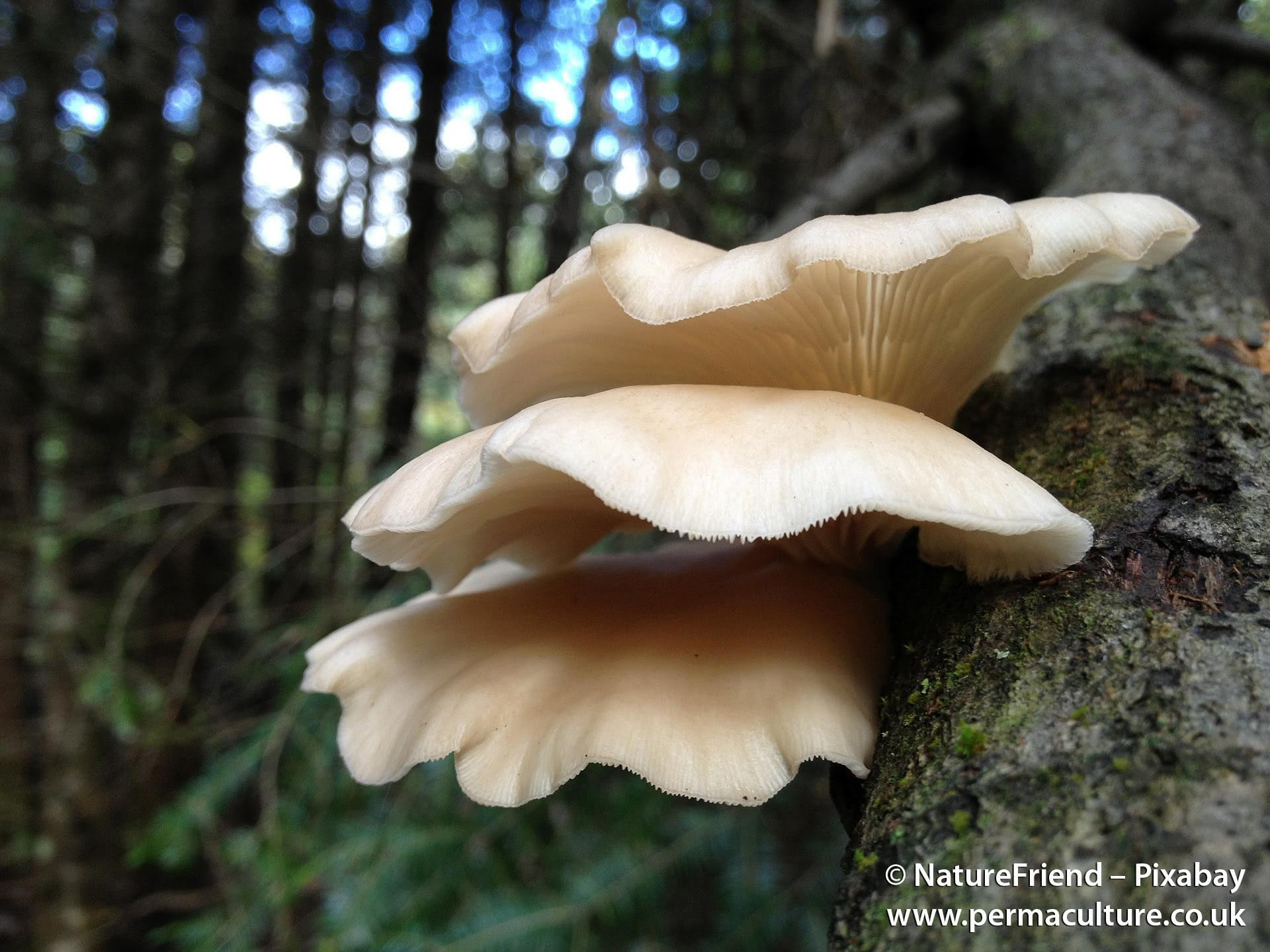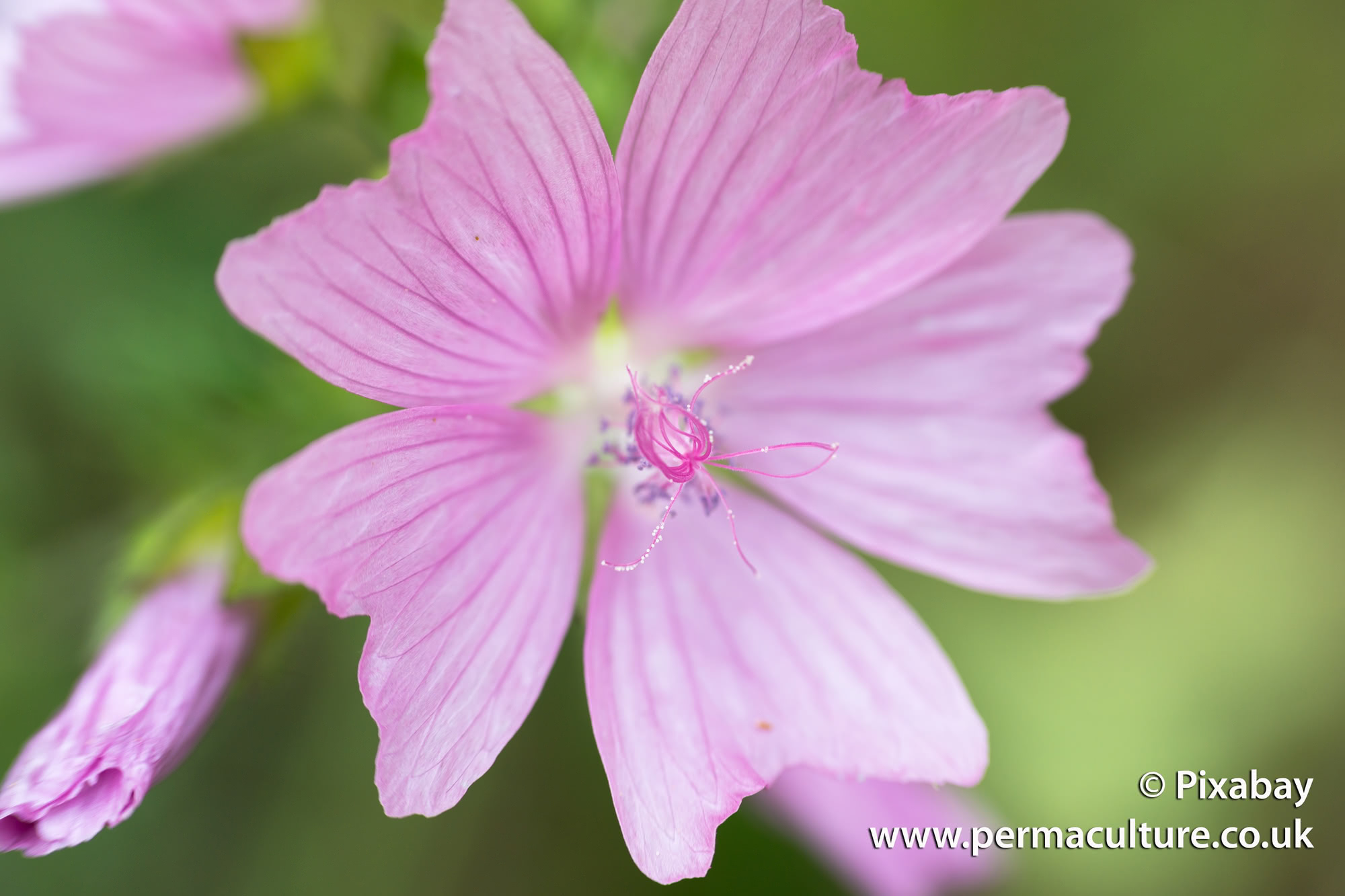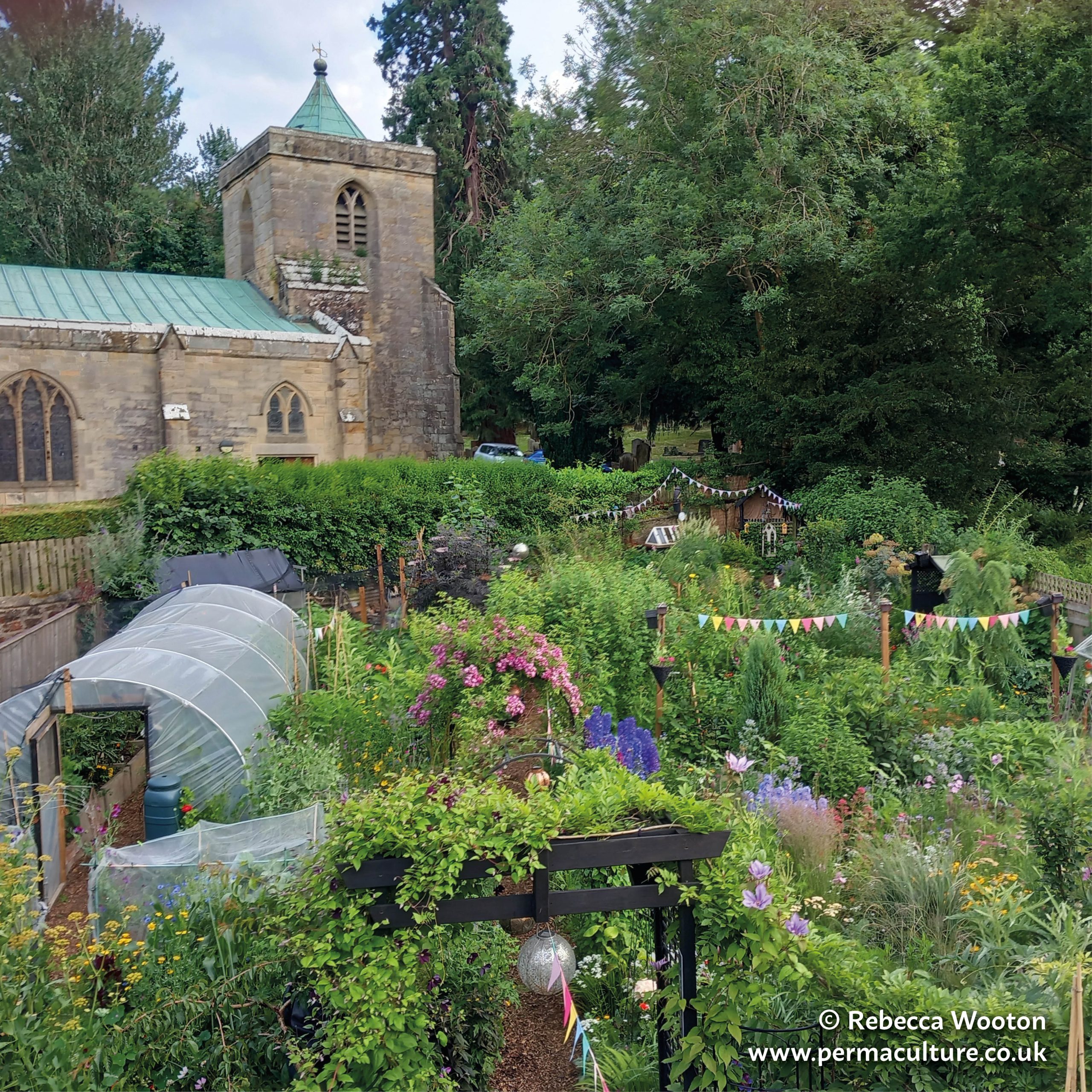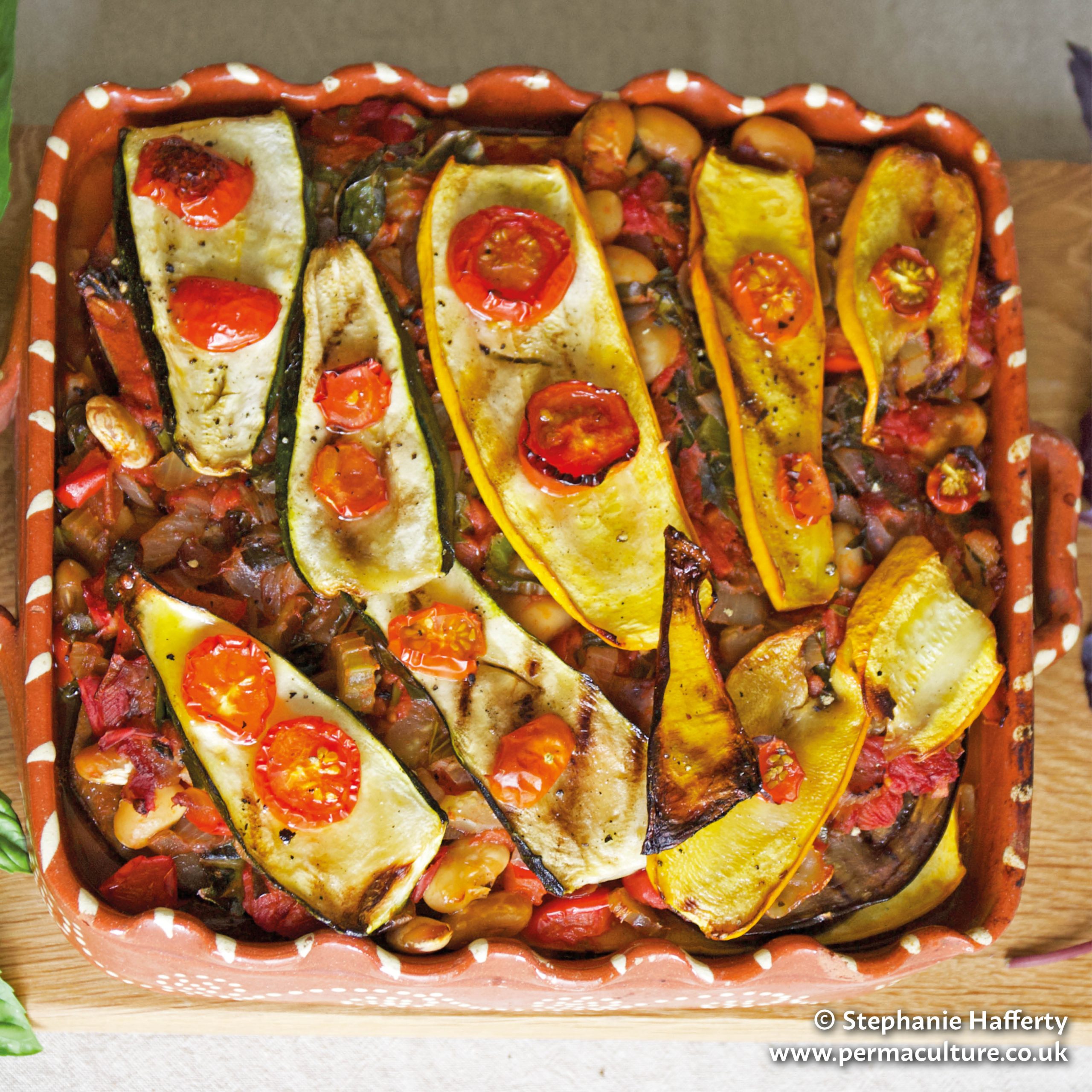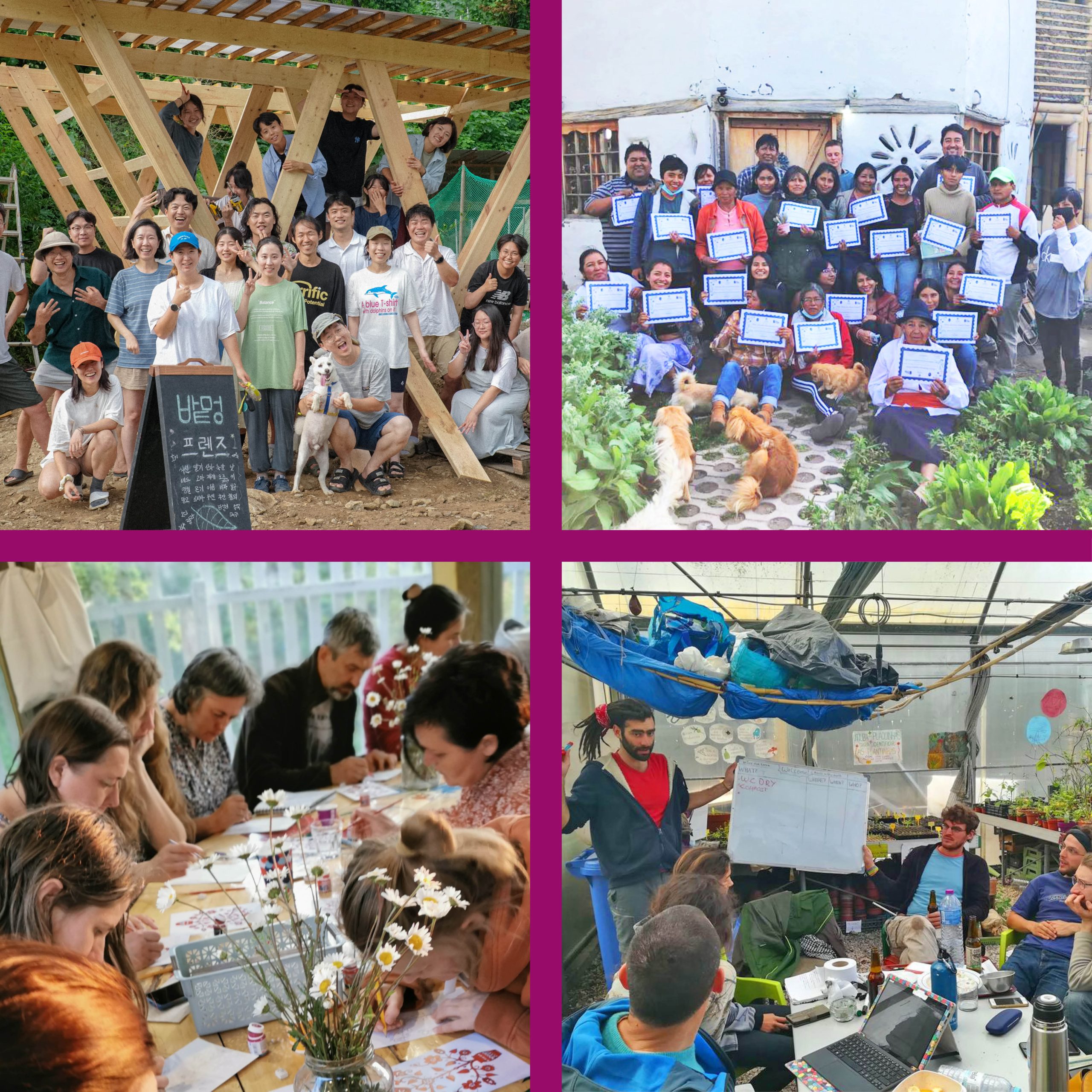I read The Log Book from cover to cover in about an hour, then had a think on some things and went back to re-read some of it, answering my questions in the process. The balance of anecdotal, scientific and practical information is particularly good. Most of the science is included at the end in appendices, but it’s strictly optional.
There’s a distinct up-to-date feeling with the content, too; I’ve read some stove literature in the past which felt somewhat old fashioned. The stove on the front (presumably Will’s own) is fairly new, well-maintained and likely efficient; in short, everything that my log stove is not. Having read The Log Book, I can see immediately where improvements could be made with my own stove, and now I know why some of the problems I have are occurring. I also learned a bunch of useful things in the process of reading the book that will help with my next stove purchase.
Last year I bought some wood briquettes made from compressed sawmill sawdust; a waste product put under massive pressure to release a resin that binds it to itself into preformed blocks. They have a very low moisture content, create almost no ash content and create a lot of heat. I was half-expecting Will to give briquettes a drubbing as they’re not ‘real wood’, but that didn’t happen. I was provided with pros and cons and invited to make up my own mind for my own situation. I have never met Will, but he comes over as a genuinely likeable and friendly guy who clearly knows what he’s talking about without peddling any agenda or sales pitch.
I recommend this book if you’re the owner of a wood stove and don’t know if you’re doing the right things with it; this was my predicament. If you’re buying a stove, buy this book and read it beforehand. If you’re selling stoves, buy a box (or more) of these books and give one away with each stove. The time and money investment, even if you only learn a few things, will pay itself back in almost no time, especially if you’re using a lot of fuel.
